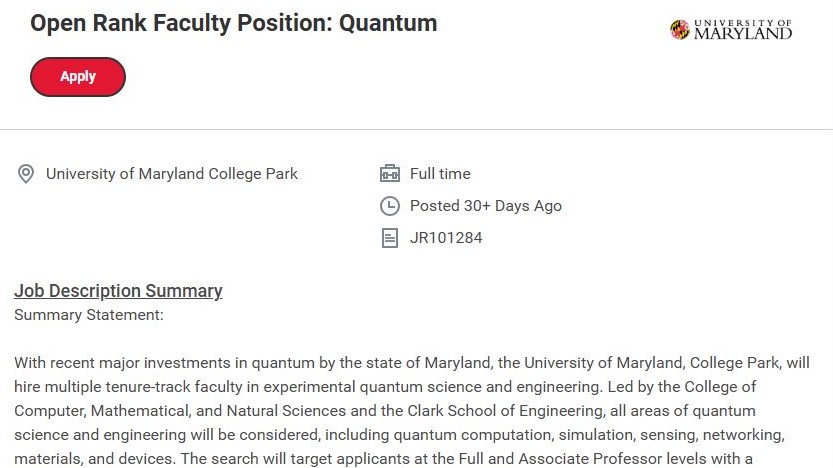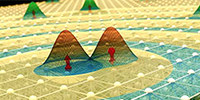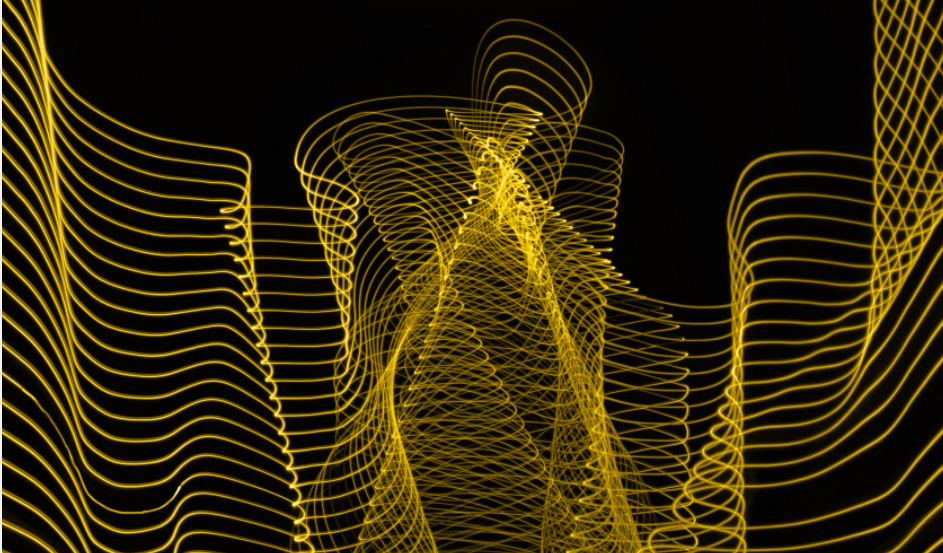Of all the Physics sub-fields, condensed matter has probably had the greatest impact on our daily lives. It has spawned high technology developments from semiconductor electronics (used in modern computers, phones and other electronic products) to modern plastic and other exotic composite materials. Condensed matter is the area of physics most closely related to high technology and industrial applications. Its breadth and utility encourage interdisciplinary interactions with many other groups on and off the UMD campus.
Personnel
Research Areas
- Ferroelectrics
- Magnetic Oxides
- Mesoscopic Physics
- Microwave Properties of Materials
- Nanoscale Electronics
- Nano-optics
- Nanostructures
- Quantum Computation
- Scanning Probe Microscopy
- Semiconductor Device Physics
- Spin Quantum Computation in Solids
- Statistical Mechanics at Surfaces
- Strongly Interacting Electron Systems
- Superconductivity
- Synthesis of Novel Materials
- Thin Film Science
- Topological Phases of Matter
- 2D Magnetic Materials and Phenomena
Related Centers and Institutes:
Condensed Matter Theory Center











